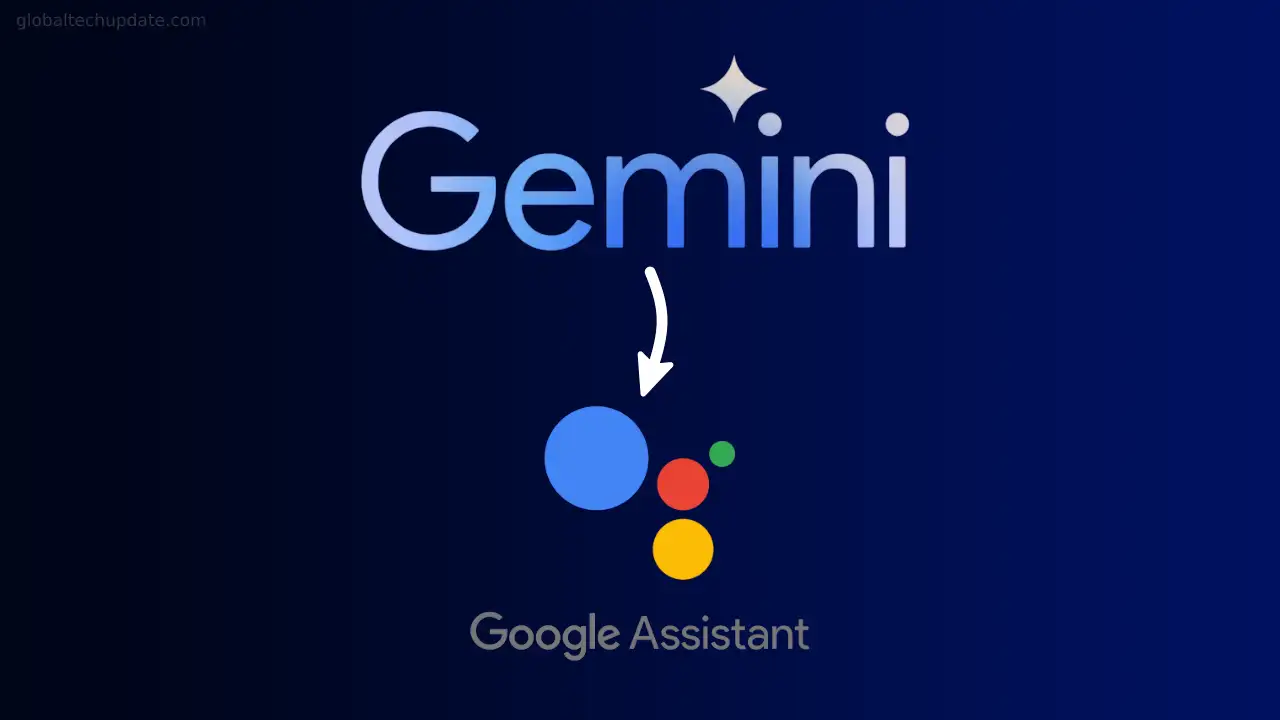Say Goodbye to Google Assistant – Gemini is Taking Over!
Google has officially announced that it will replace Google Assistant with Gemini on Android devices later this year. This transition marks a major shift in how users interact with Google’s AI-powered virtual assistant. According to a blog post published by the company, more users will be upgraded from Assistant to Gemini over the coming months, eventually leading to the removal of Google Assistant from most mobile devices and app stores.
The Transition Timeline
Google has outlined a phased approach for this transition. Over the next few months, Android users will gradually be shifted from Google Assistant to Gemini. By the end of the year, Google Assistant will no longer be accessible on most smartphones or available for download from app stores. This change is not limited to smartphones—Google has also confirmed that tablets, cars, smartwatches, and other connected devices will be upgraded to Gemini as part of the shift.
Beyond mobile devices, Google is expanding Gemini’s integration into smart home devices, including speakers, smart displays, and TVs. The company promises that more details about the transition will be shared with users in the coming months. Until then, Google Assistant will continue to function on supported devices.
Why is Google Replacing Assistant with Gemini?
The decision to phase out Google Assistant in favor of Gemini is not entirely unexpected. When Google launched its latest Pixel 9 smartphone lineup, it came with Gemini as the default AI assistant, signaling the company’s broader strategy. Google has emphasized that Gemini offers enhanced capabilities compared to Assistant, making it a more powerful tool for users seeking AI-driven assistance.
Gemini is designed to provide a more dynamic and context-aware user experience. Unlike Google Assistant, which primarily focuses on voice commands and basic tasks, Gemini incorporates advanced AI functionalities, including:
- Deep Research Capabilities: Gemini can assist users with in-depth research on various topics.
- Live AI Interactions: The AI offers more real-time assistance through features like Gemini Live.
- Enhanced Task Execution: Users will be able to perform tasks directly from their lock screen, making interactions smoother.
To make the transition smoother, Google has already added several highly requested features to Gemini on Android devices. These include the ability to play music, set timers, and perform actions without unlocking the phone.
What This Means for Users
While the move to replace Google Assistant with Gemini might feel like a big change, Google reassures users that the shift will bring an improved AI experience. Those who have relied on Google Assistant for various functions will soon have access to a more advanced tool capable of handling more complex tasks.
However, some users may initially struggle with the transition, especially if Gemini’s interface and functionality differ significantly from what they’re used to with Assistant. Google’s approach to rolling out the update gradually should help users adapt without major disruptions.
In the coming months, Google is expected to share more updates about Gemini’s full capabilities and how it will be integrated across different devices. For now, users can continue using Google Assistant until the full transition takes effect later this year.
Final Thoughts
The replacement of Google Assistant with Gemini represents a significant shift in Google’s AI strategy. As AI technology evolves, Google is moving towards a more powerful and versatile assistant that goes beyond simple voice commands. While some users may be hesitant about the change, Gemini’s advanced features could ultimately provide a better and more efficient digital assistant experience.
Stay tuned for more updates as Google rolls out Gemini across Android and other connected devices




